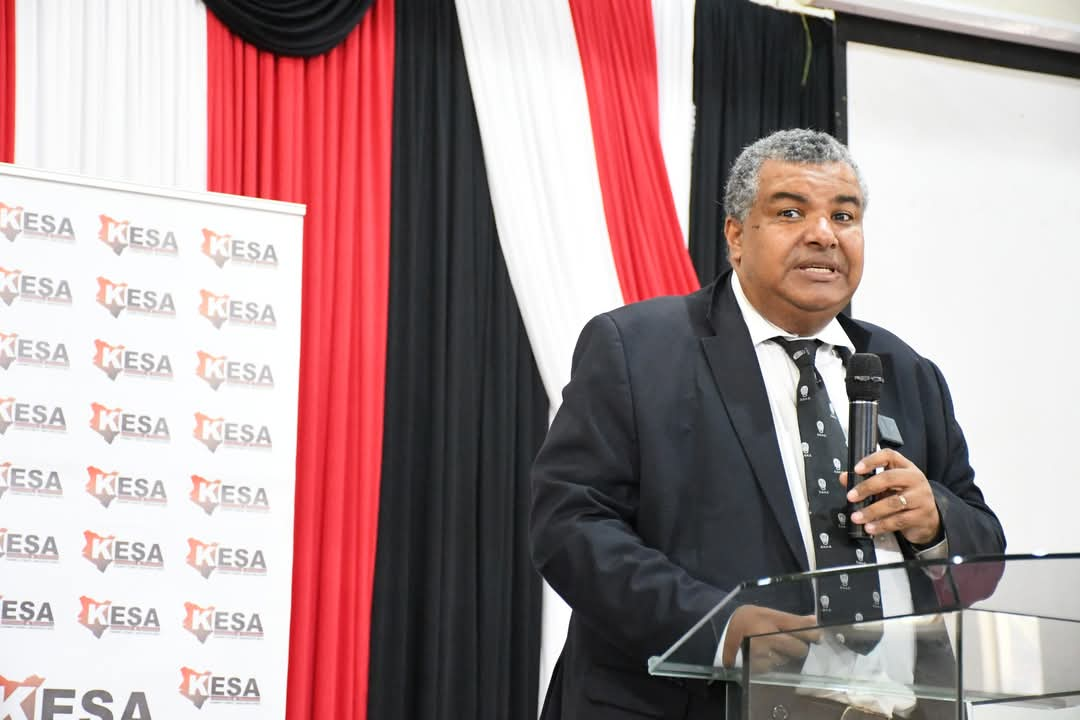
Thursday, February 27, 2025
"Thank you for the invitation from the Economics Student Association of Kenya. I have a great love for these types of associations.
When I was at Strathmore University, I taught for ten years. I pioneered, you could say, and taught for ten years on the BBS Financial Economics program, which was a flagship program they had, and still have.
I used to teach two to three courses a year, mostly Macroeconomics and Econometrics, and I also taught on the Master’s in Public Policy within the university context.
So with that, I developed a great love for working with young people, and I’m always very happy to be able to contribute any insights that people are looking for. I used to say I was training young professional Economists, and I guess many of the ideas still remain valid.
Some, of course, have been modified a bit because of some practical experience in the last few years, but I would say the core courses that make an Economist are: Microeconomics, Mathematical Economics, and Econometrics.Those are the ones.
If you want to practice as a professional economist and you want to do further studies in Economics, those are the foundations.
Then the other areas, like Monetary Economics, International trade and Finance, they build on those foundations.
But those three are always the core courses you must have excellent mastery of.
And by excellent mastery, I don’t only mean doing well in your courses in terms of getting good grades, that is important, but I also mean developing a reading culture and a passion for Economics.
Read books on areas you’re passionate about. I was very passionate about International Economics and Financial Economics, so I’d read books by previous Central Bank Governors like Ben Bernanke, and by famous Economists like Stiglitz, and so on.
Now there’s a new trend towards Behavioral Economics and Behavioral Finance. So use the university time wisely, because once you get into the working world, there’s very little time.
Use the university period to develop a passion and a broad reading culture beyond textbooks. Check out the latest books by famous Economists, Paul Krugman, for instance.
A good starting point is to look at the Nobel Prize winners in Economics over the last 20 years. Economics is the only social science with a Nobel Prize. So if you look at the winners of the last 20 years, you’ll see what they’re working on.
For example, last year the Nobel Prize was won by Daron Acemoglu of MIT and James Robinson of Harvard.
They work in the field of development economics, particularly institutions and how they shape economics.
They had already written a very popular book about ten years before, called Why Nations Fail. I’m sure it must have come up in some of your discussions and readings.
Why Nations Fail looked at about 1,000 years of history, trying to understand what shapes societies.
So depending on your area of interest, look for popular, well-written books just to develop your passion and broaden your perspective.
I’d also be happy to recommend some specific titles that would be good to read. But I would say that’s a very critical point: develop a broad reading culture.
Let your reading also be informed by the types of organizations you want to work for. Even while you’re at university, start planning your career trajectory. Dream big.
For example, you may want to work for the IMF one day. Or the World Bank. If you want to work for the IMF or Central Banks, the most important areas they look at are Macroeconomics and Econometrics. You have to be exceptional in those.
If you want to work for institutions like the World Bank or the African Development Bank, then you need to be very good in Microeconomics foundations of development. Of course, Econometrics is still very important as well. So already begin identifying the kinds of institutions you might want to work for.
At the Central Bank, we’ve started taking entry-level staff. In fact, we recruited 130 new staff who reported in January, 2025 across 14 departments of the Central Bank, including the Research Department.
So we do recruit from time to time. We also have a one-year internship program. It used to be six months, but when the new governor came in, two years ago, he extended it. He said, ‘Let’s give these young guys a longer internship.’
So now the internships are one year long. I think the process for recruiting new interns is going to start very soon. Keep an eye on the Central Bank website, that’s very good exposure.
Even if you don’t work in the Central Bank eventually, it’s still excellent exposure for many other careers.
Economists are also needed in many other areas, in the financial sector broadly. Banks love to hire economists.
Many other critical sectors like education and health also hire economists to do very critical evaluations.
If you’re someone who likes the global space and foreign languages, you can also aspire to work for the UN. There are many specialized UN agencies that hire economists, UNDP, UNIDO, WTO, and so on. So the possibilities are unlimited.
Do some research. Follow your passion. Aim high. Be very ambitious. And work hard. Never let anyone put you down. Aim very high, be very ambitious, and remember, the sky is the limit.
Of course, also build complementary skills. I love foreign languages, I learned Spanish and French to a high level. I still keep up, still read and watch programs in those languages.
Learn new software. Right now, the world is moving a lot towards programming in Python.
Find out the new Econometric software being used. At the Central Bank, we work a lot with EViews because we do forecasting. We also work with STATA. It is very good for Microeconomics especially when working with survey data. Occasionally, we also use R and MATLAB.
So build extra skills, extra techniques. Become someone passionate about taking online courses. When I was still at the university, before I joined the Central Bank, now I’m much busier, but back then I had more time. I’d do like six Coursera courses a year in areas I was passionate about. Not all of them were in economics, some were in philosophy.
I’d take three or four courses just in philosophy, just out of interest. With Coursera, you can study with some of the best professors in the world. The courses are free. If you want a certificate, you pay a small amount.
But really, there are so many resources available. Dedicate yourself to continuous improvement and continuous growth. Every year, you should be able to say you did a number of extra things that helped you.
Because when you go for very competitive interviews, it’s normally the extra things that help you stand out.
Even in my own interview at the Central Bank, one of the surprising questions was, ‘What book are you reading now?’ You see? You don’t expect that question, you think they’ll ask about macroeconomics and so on, but they want to see: are you broad-minded? Do you go beyond the ordinary?
In addition to that, build your soft skills. Success in the professional world is a combination of technical skills and soft skills. Always work on developing your soft skills, emotional intelligence, ability to work with people, communication skills.
Some people are technically very good, but can’t work with others. When they need to collaborate, they run into trouble. So that combination is very important, and it’s something you can keep reading about.
Also, leadership. Be ambitious. Aim to be a leader of the future. And indeed, you are leaders already. But leadership is a science. There’s a lot that’s been written on leadership. I also try to read widely on leadership.
I share articles with my team. I have team leaders in the Research Department. We have weekly meetings, and every week I try to share a leadership article I’ve come across.
These resources are widely available, Harvard Business Review, leadership journals, and many others. That way, when you come into a leadership position, you already have some ideas about how to inspire people. Because at the end of the day, if you want to go to the next level, you must be able to inspire and connect with people.
Any opportunities you get for internships, take them. Beyond the Central Bank, the IMF, World Bank, African Development Bank, they all have internship programs. If you get a chance to go to Abidjan and do an internship with the African Development Bank for six months, it will tremendously broaden your perspective.
Those are just a few ideas I wanted to share. Aim for excellence. Keep improving.
One more thing that’s just come to mind, negotiation skills. Life is a giant negotiating table. You’re always negotiating, whether it’s for a job or an opportunity, even when looking for a spouse. If you’re a poor negotiator, will you get anywhere?
You need to be a very good negotiator, so build your negotiation skills. Keep reading, keep growing, and let's make our country, our continent and the world a better place. Thank you."
Read Also
-
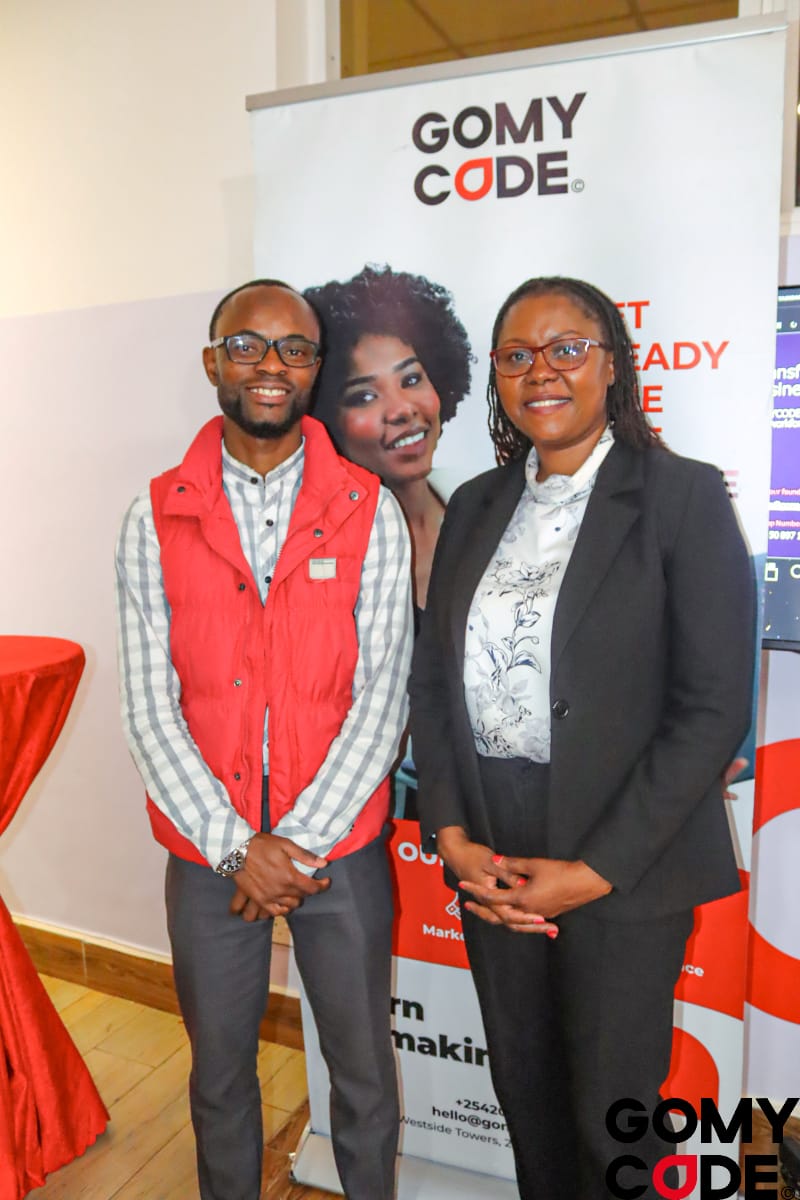 Launch of GOMYCODE for Business 2025Oct 24, 2025
Launch of GOMYCODE for Business 2025Oct 24, 2025 -
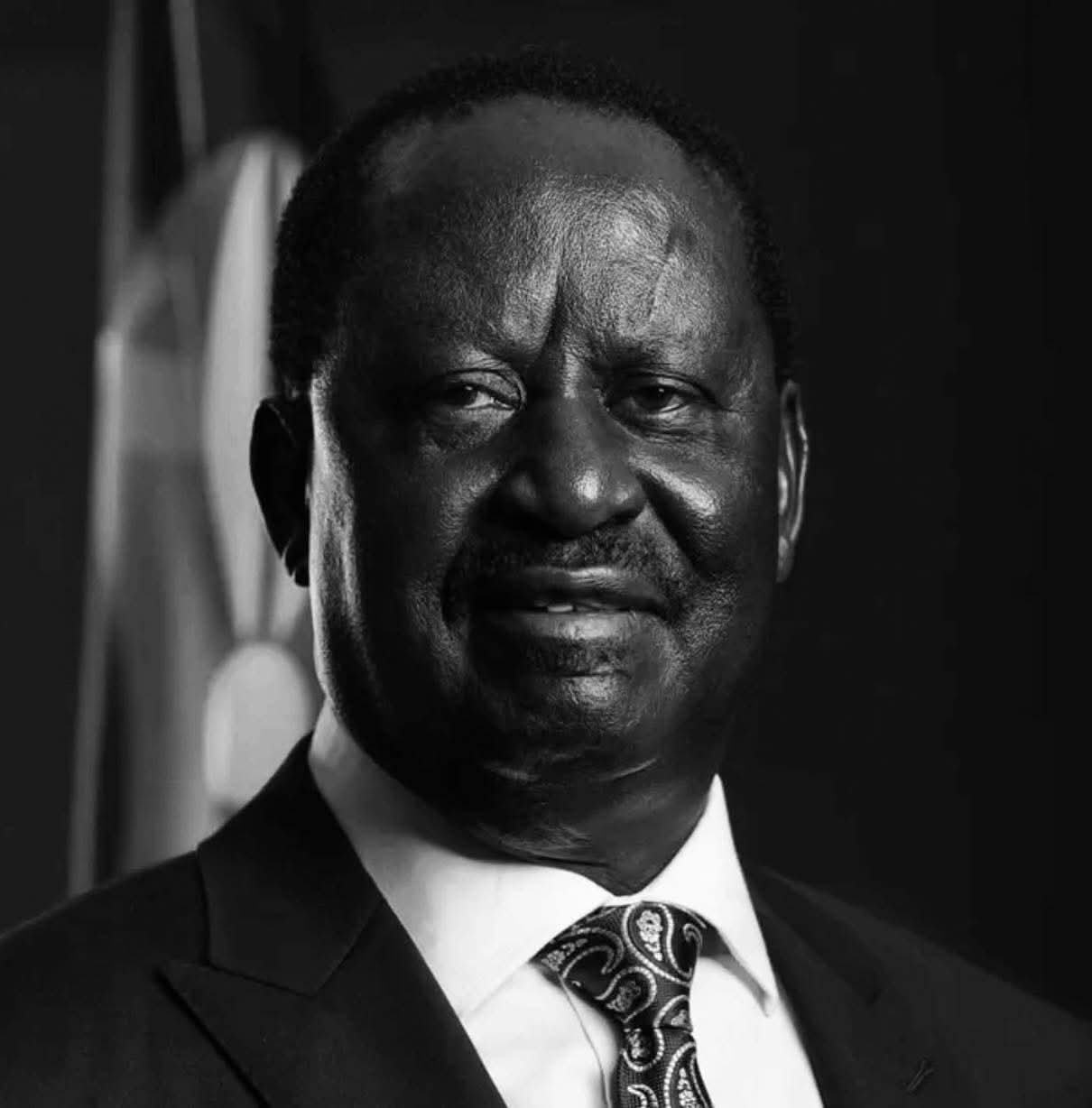 Statement by KESA on the Passing of the Rt. Hon. Raila Amolo...Oct 15, 2025
Statement by KESA on the Passing of the Rt. Hon. Raila Amolo...Oct 15, 2025 -
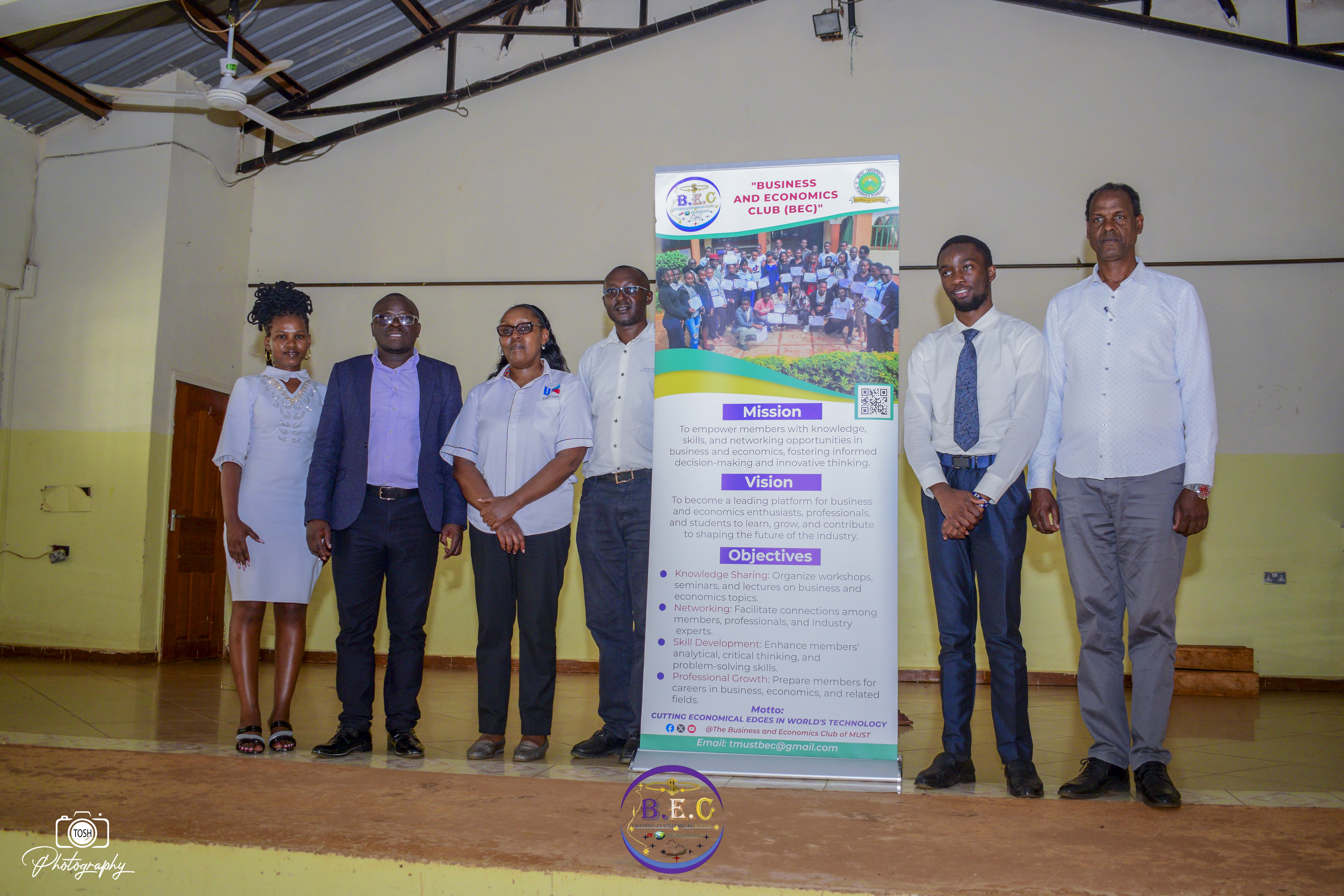 Meru University Business and Economics Clubs LaunchOct 9, 2025
Meru University Business and Economics Clubs LaunchOct 9, 2025 -
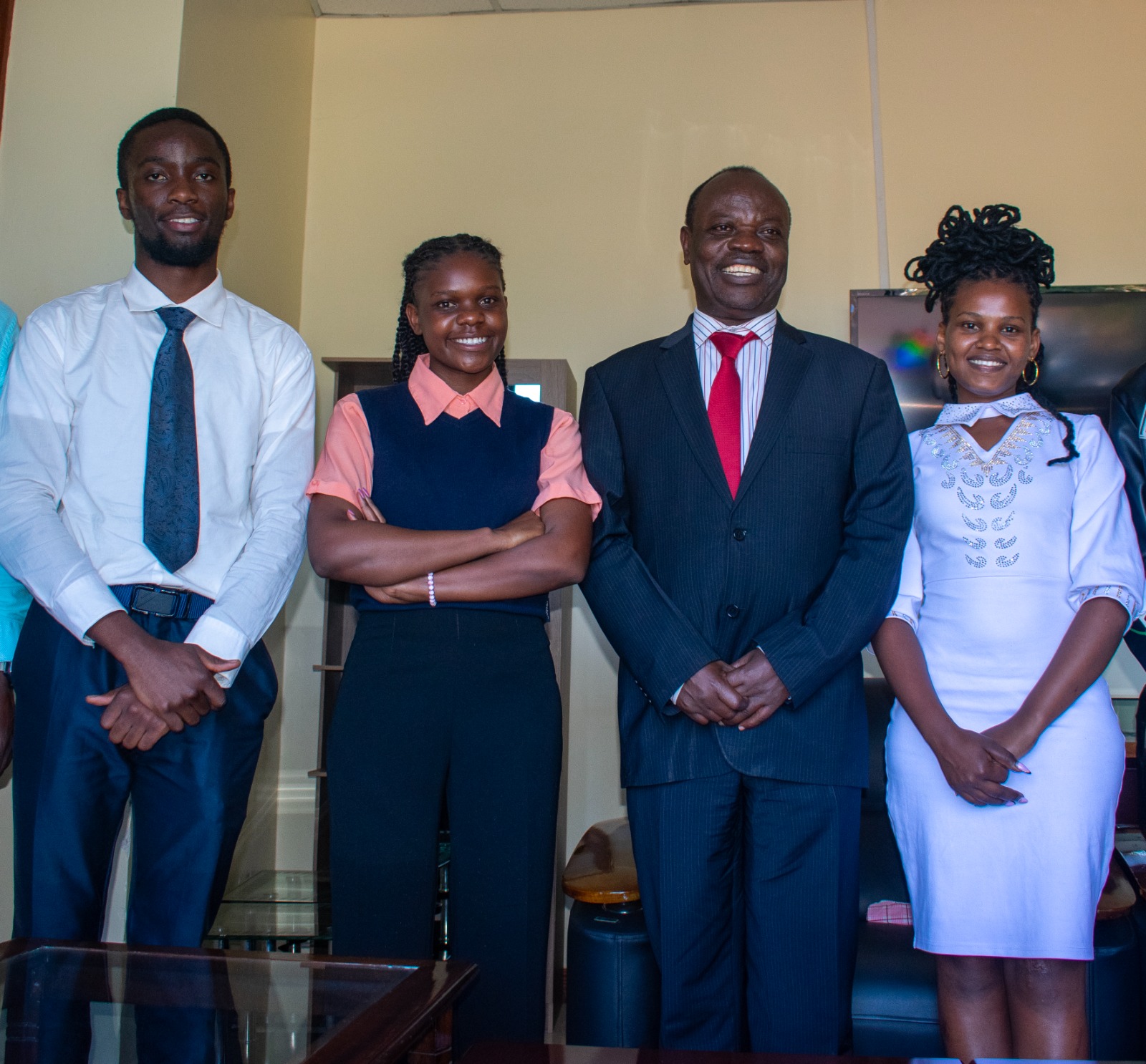 Courtesy Call on the Meru University Vice ChancellorOct 9, 2025
Courtesy Call on the Meru University Vice ChancellorOct 9, 2025 -
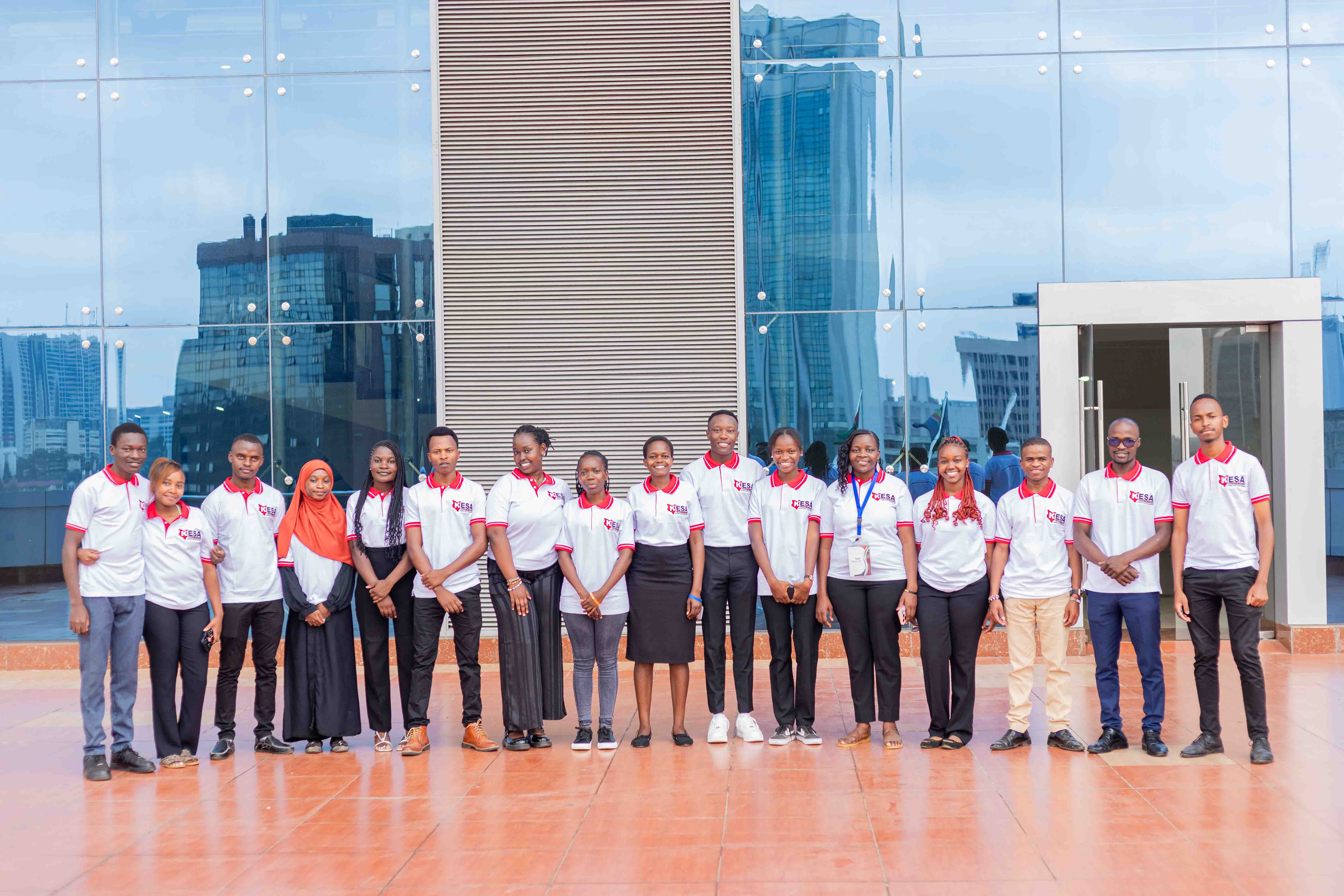 Thank you so Much, KESA PRM Committee, Cohort IIISep 23, 2025
Thank you so Much, KESA PRM Committee, Cohort IIISep 23, 2025 -
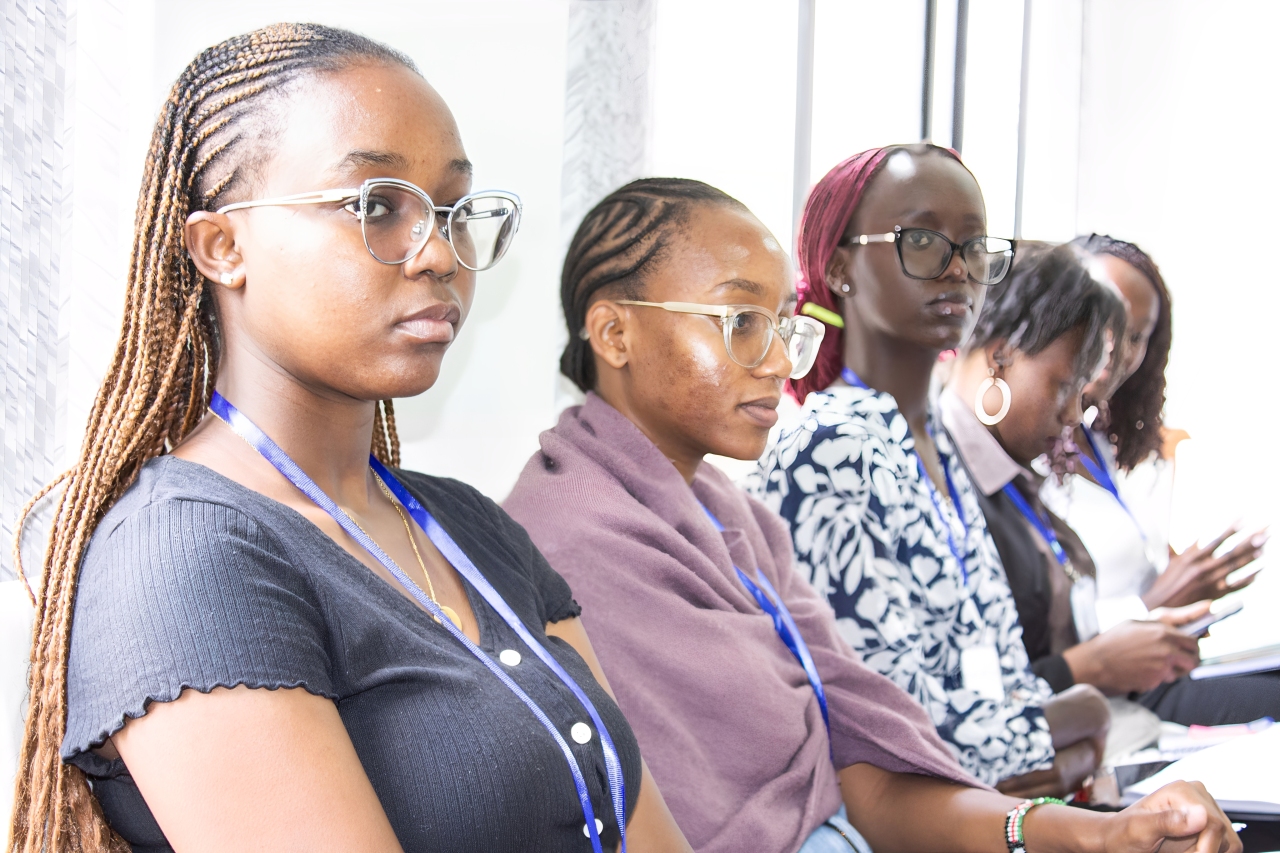 Strengthening Young Women's Participation in PolicySep 11, 2025
Strengthening Young Women's Participation in PolicySep 11, 2025 -
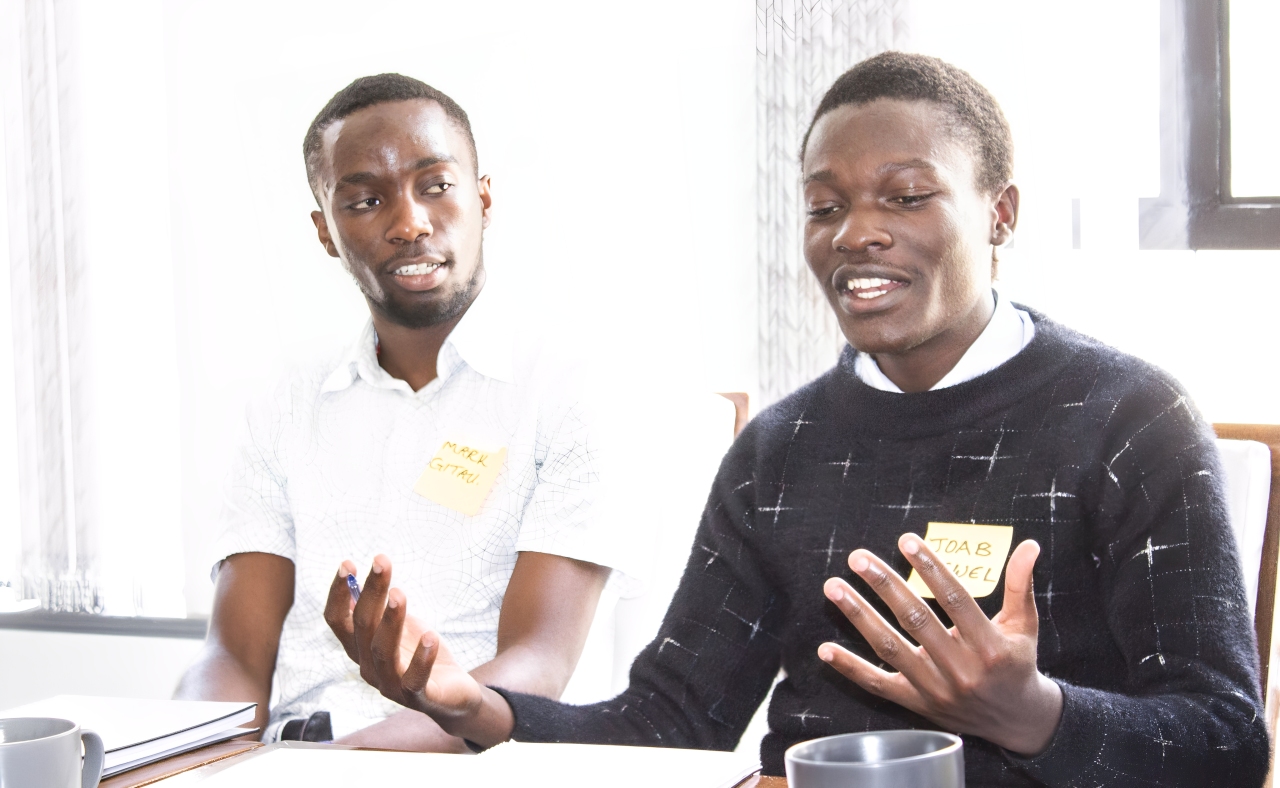 Strengthening Youth Participation in PolicySep 9, 2025
Strengthening Youth Participation in PolicySep 9, 2025 -
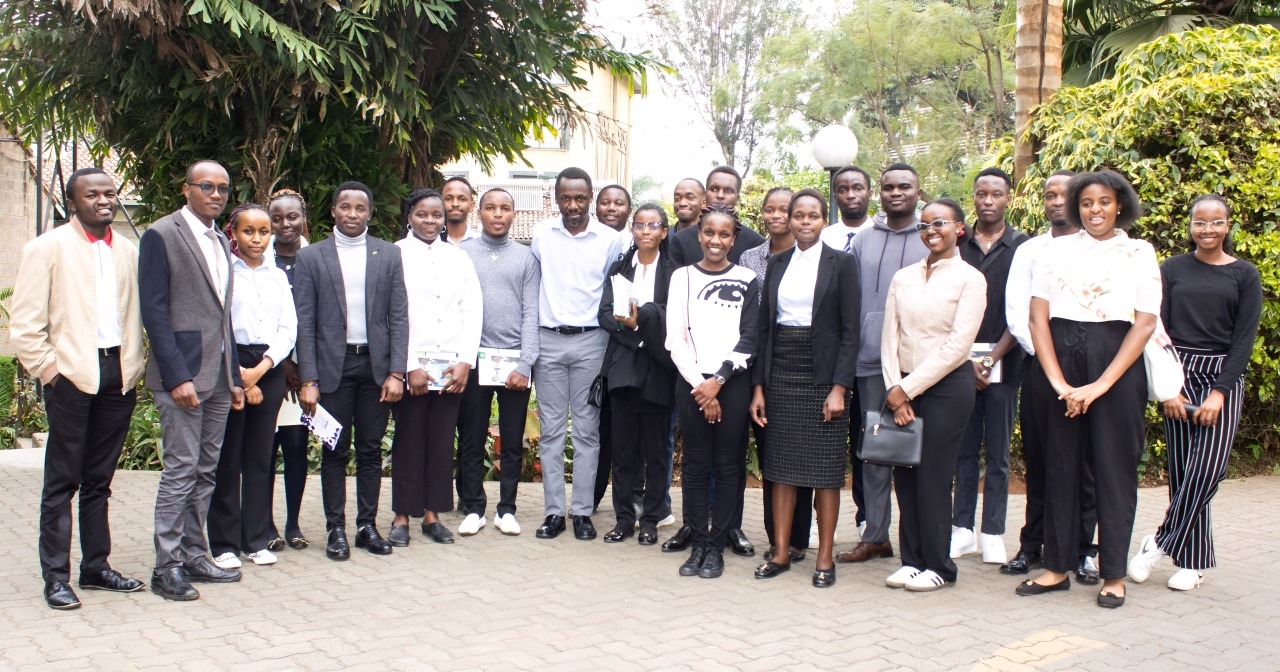 KESA Corporate Visit to IEA-KenyaAug 8, 2025
KESA Corporate Visit to IEA-KenyaAug 8, 2025 -
 KESA & GOMYCODE Kenya Strategic MoUJul 18, 2025
KESA & GOMYCODE Kenya Strategic MoUJul 18, 2025 -
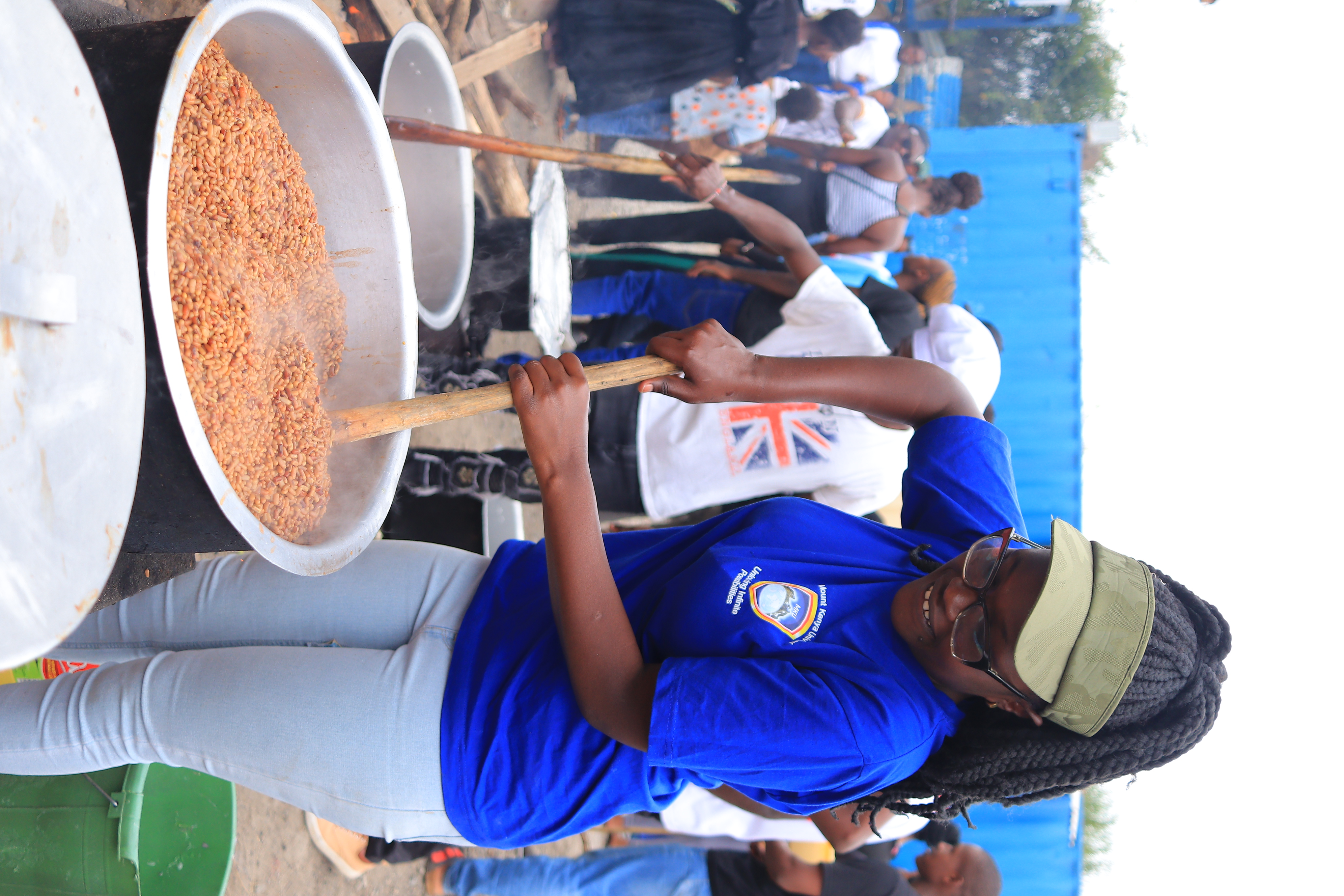 KESA CSR Visit to Shammah Children’s HomeJun 14, 2025
KESA CSR Visit to Shammah Children’s HomeJun 14, 2025